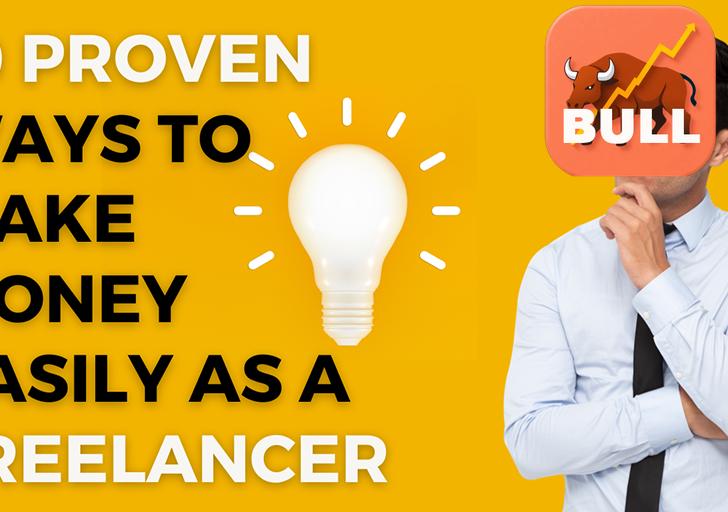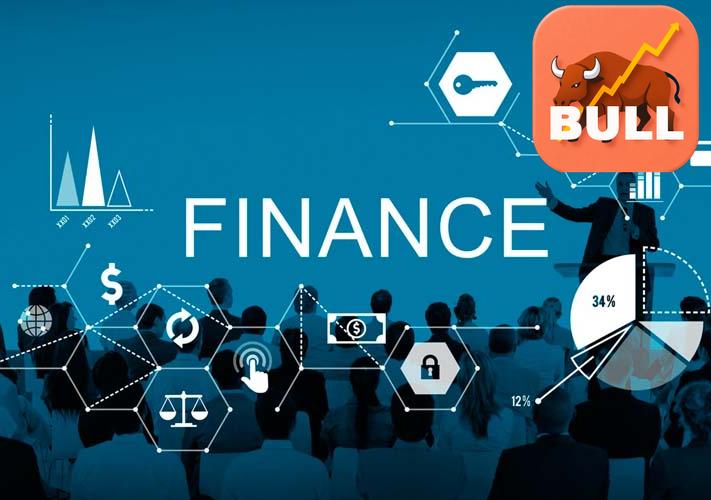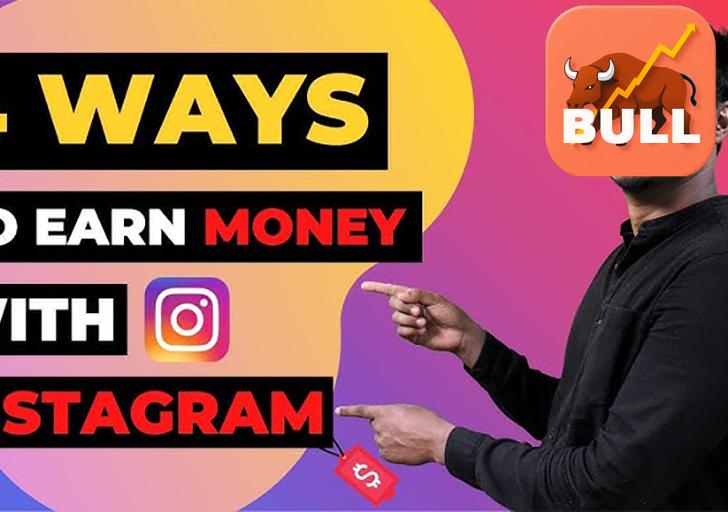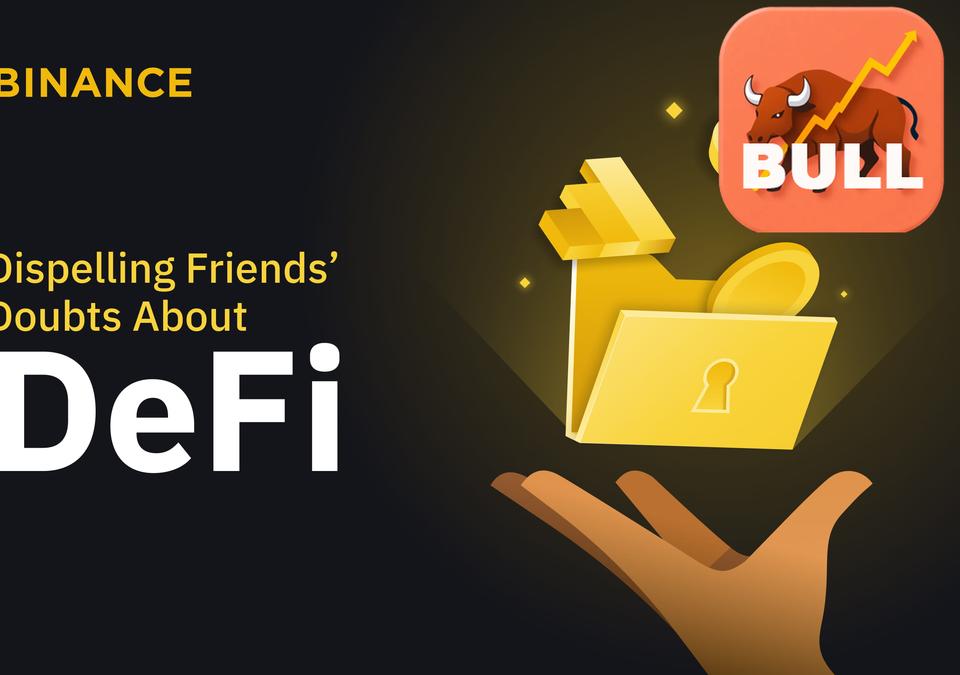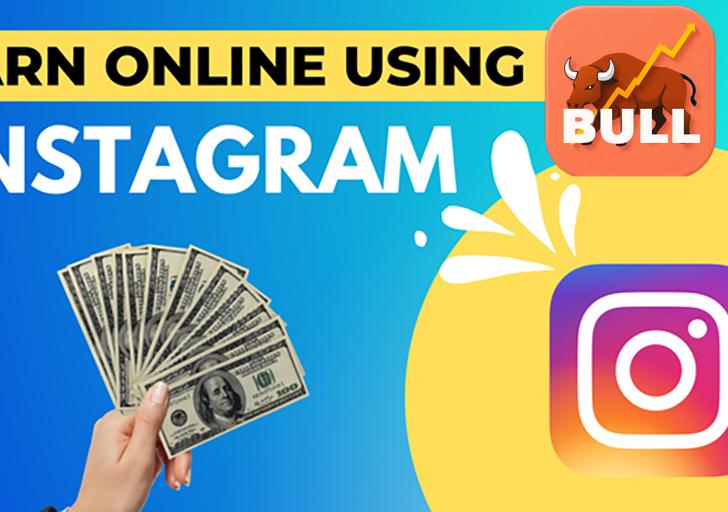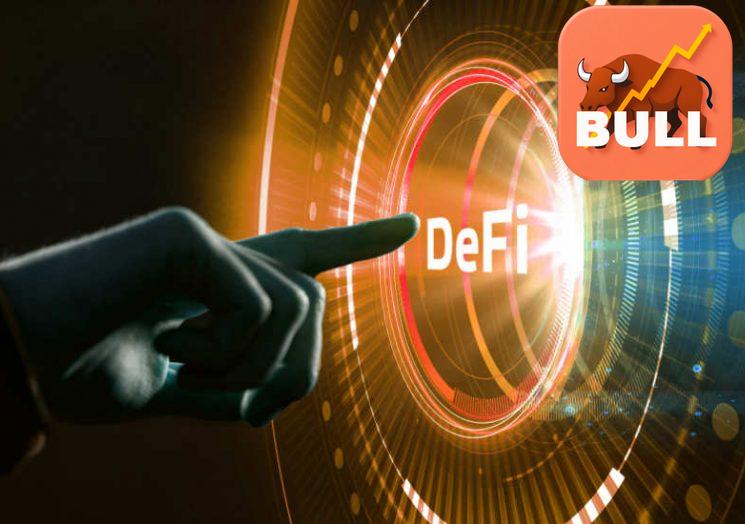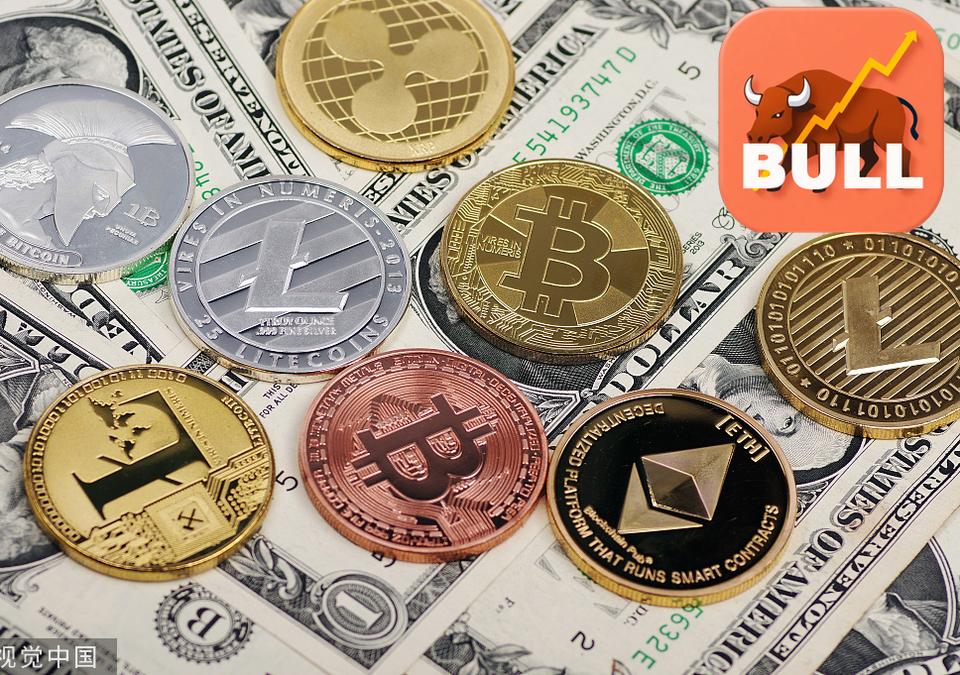Is Neil Industries Limited (539016) worth holding long term - Free Best Performing Stock Suggestions
₹582
Is Neil Industries Limited (539016) worth holding long term ✌️【Profit】✌️ Expert analysis of global stock trends, futures data, and real-time stock market quotes to help you plan your next investment move.
Product Description
Is Neil Industries Limited (539016) worth holding long term ✌️【Profit】✌️ Expert analysis of global stock trends, futures data, and real-time stock market quotes to help you plan your next investment move.
Is Neil Industries Limited (539016) worth holding long term ✌️【Profit】✌️ Expert analysis of global stock trends, futures data, and real-time stock market quotes to help you plan your next investment move. Conspiracy theories can take many forms, from misgivings about the first moon landing to false claims that the 2020 election was stolen. These kinds of beliefs are nothing new, but social media has helped make many of them more mainstream. As anyone whoâs tried to reason with a conspiracy theorist knows, itâs hard to debunk such deeply held beliefs â and arguing with a loved one about them can be emotionally taxing. What if an AI chatbot could help? A recentstudy, published inScience,asked that very question â and the results were surprising.Thomas Costello, an assistant professor of psychology at American University and co-author of the study, breaks down the findings.
